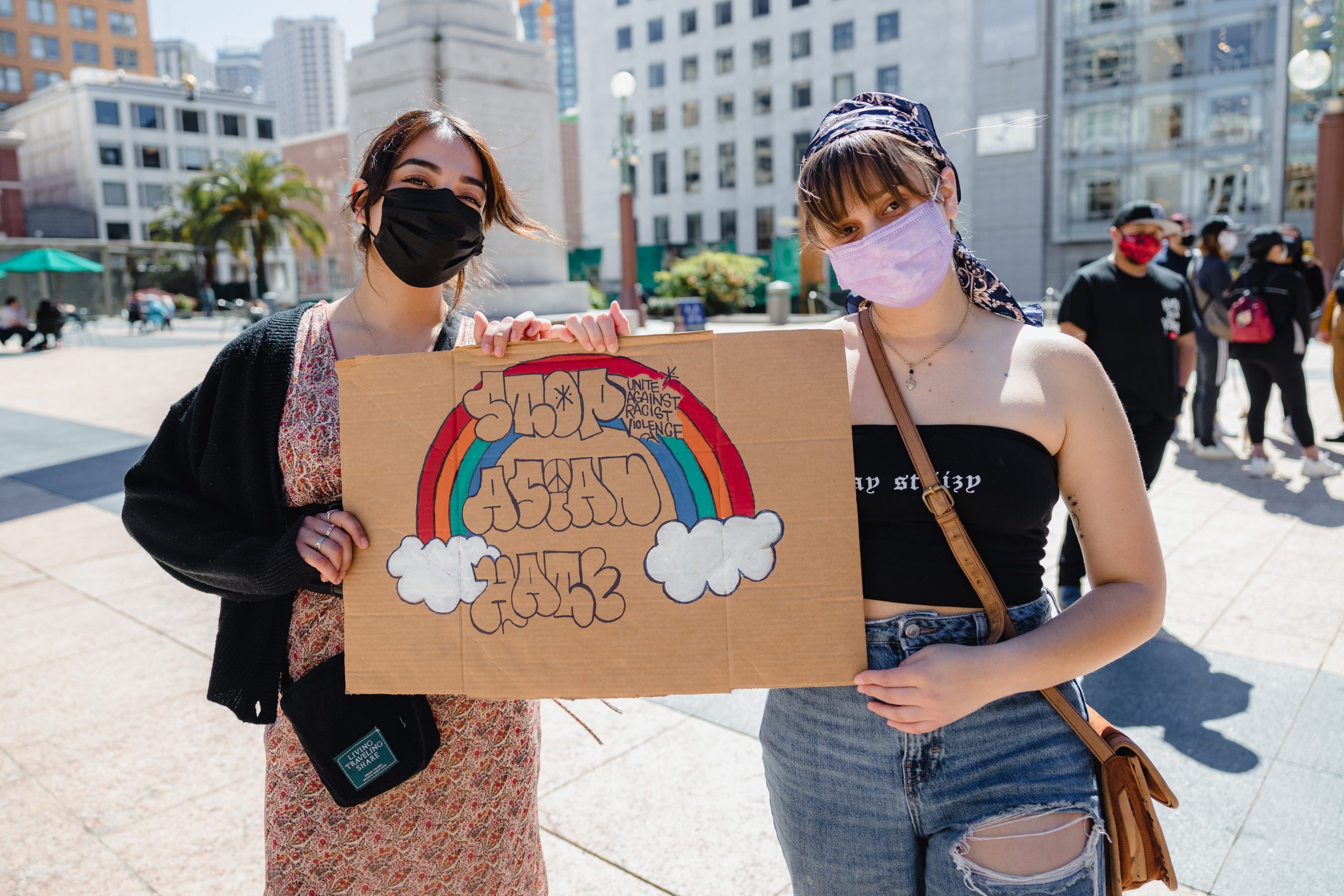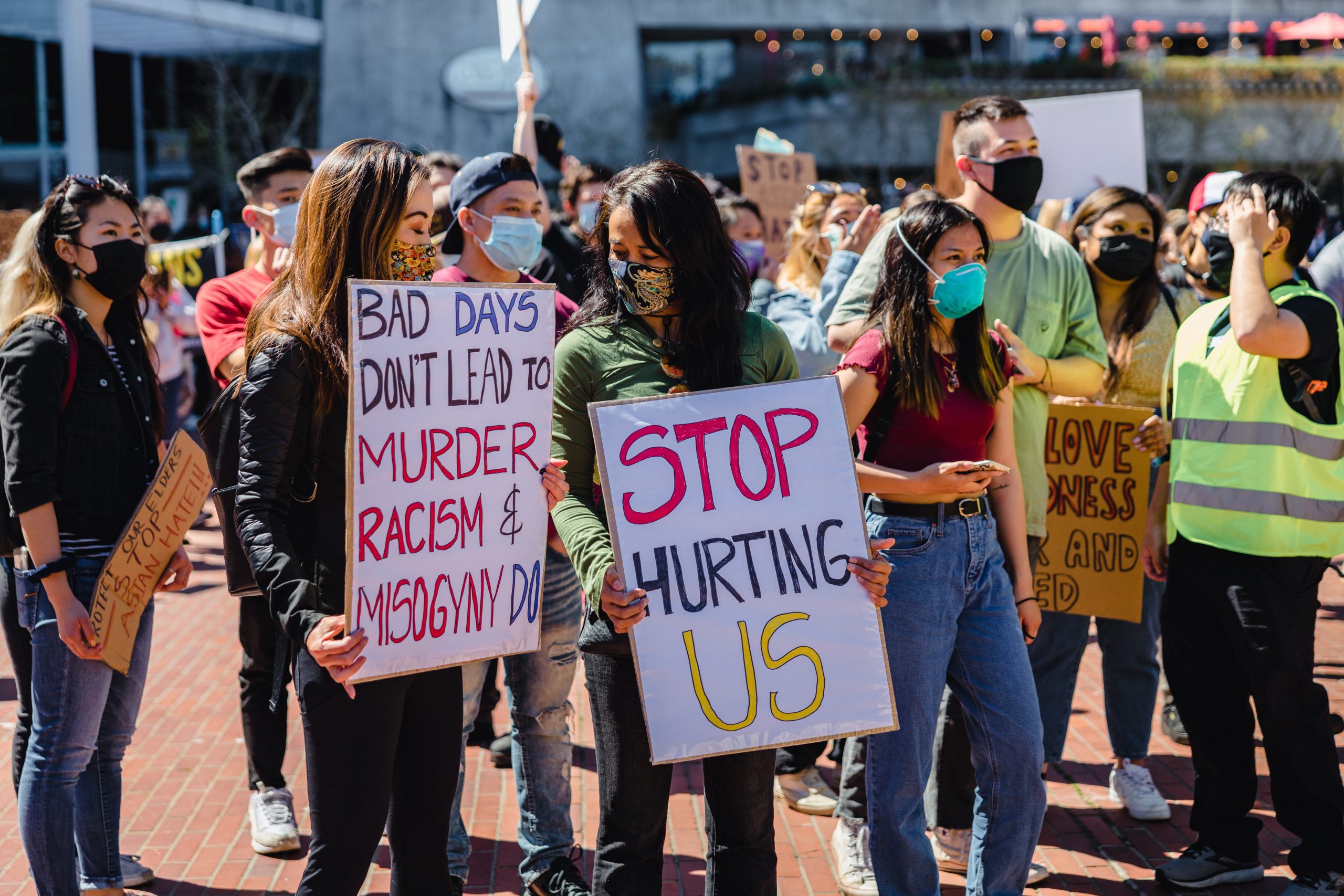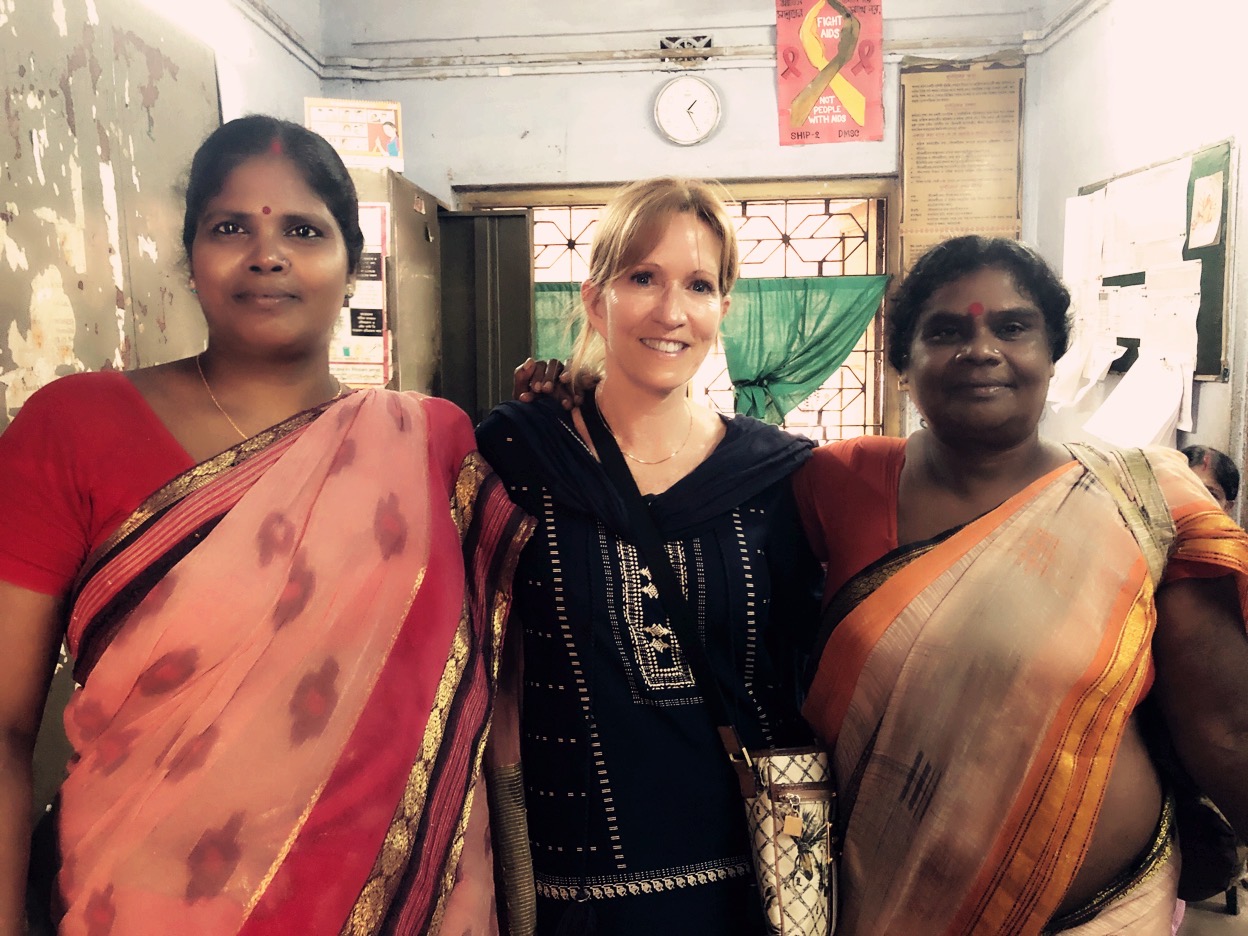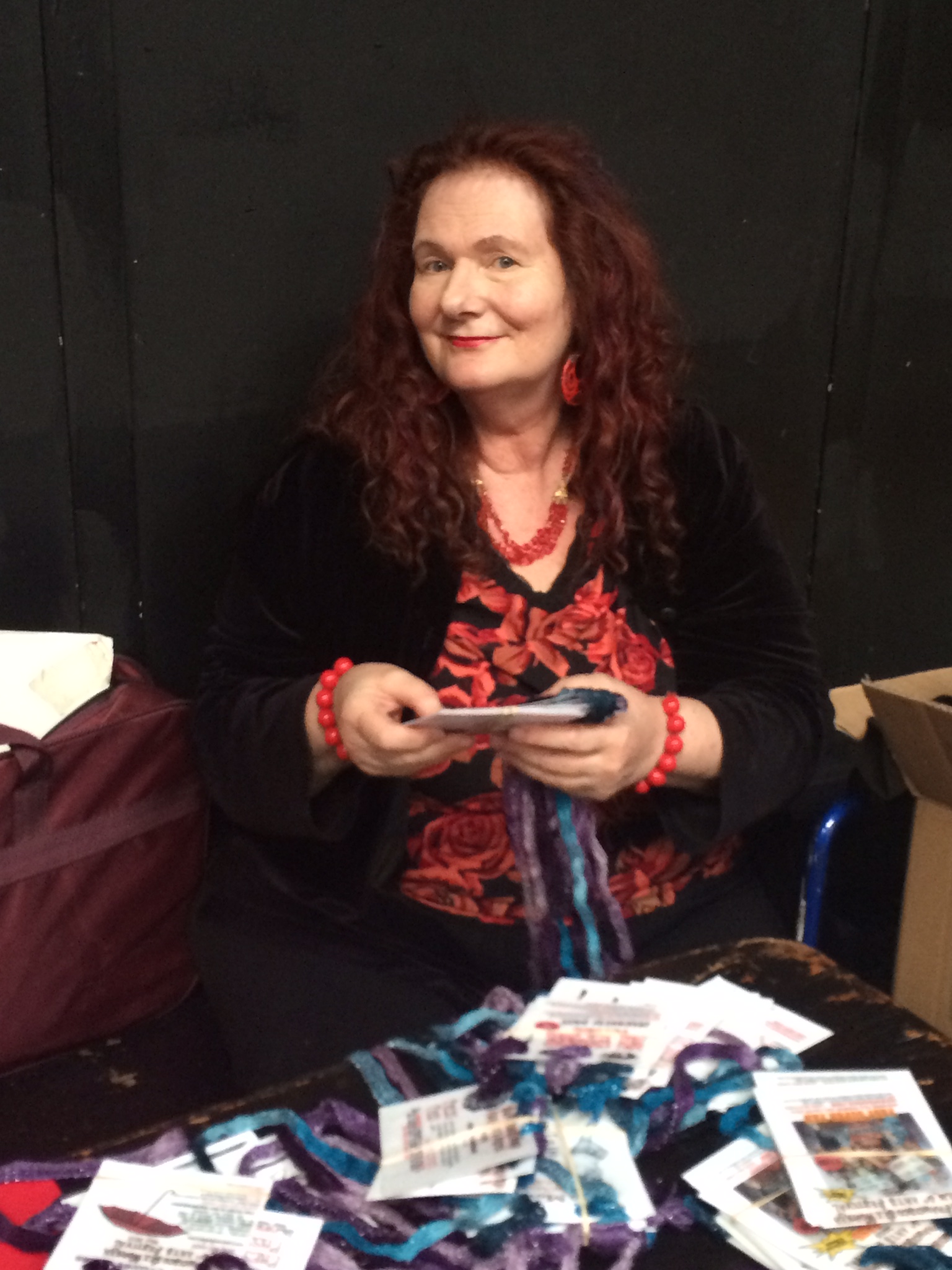Sacramento City Council in a closed session voted to pass an ordinance which would unduly impact women, migrants, Asian, Asian American, and APIA massage workers in the city of Sacramento. This ordinance decreases hours they can legally work, mandates dress codes, removes security protocols, prohibits sleeping while at the work site, negatively impacts licensing, and removes the need for warrants when doing an investigation. At the same time, the city of Sacramento benefits greatly from their higher licensing fees and fines for non-compliance. Sacramento SWOP stands in solidarity with the impacted workers. As we begin to fight this ordinance that unjustly singles out an already targeted population, we have sent an email out to the City Council members in response demanding that these workers are treated like other workers in Sacramento. Here is that email:
Sacramento SWOP is writing in response to the members of Sacramento City Council’s passing of a new ordinance that would change the way massage businesses operate in the city of Sacramento. We, and 305 other organizations (see link to letter written by Red Canary Song), believe that increased restrictions on massage businesses will endanger the lives of massage workers in many ways. Due to your votes being cast in a closed session, we believe that the very voices of those you are saying that you want to “protect” are silenced. Not to mention, we have our doubts that protection is in any way a motive as per the statements that were made. Here are the questions we would like answered.
- Who was consulted and how many massage parlor workers (the ones that are effected) did Sacramento City Council members speak to prior to making this decision?
- This ordinance creates a disparate impact on women, Asian, Asian American and API communities. Since the new ordinance mandates that no one can sleep in the parlors, what kind of relocation efforts are underway and what type of housing are they providing to those you displaced? In Sacramento city there are approximately 200 massage establishments within the city limits. Most are run and staffed by women, the Asian American, Asian, or API community. We believe this puts undue stress on this community without any consideration for relocation or housing assistance. In addition, we would like to know if you are going to make that ordinance applicable to all professions (e.g., firefighters, doctors, lawyers, and other professions where people who work long hours and sleep at work)? Or, are you specifically targeting this marginalized population?
- How is the city of Sacramento planning to deal with and mitigate undesirable repercussions from these businesses losing one of their main safety protocols? Without bars and window coverings we believe that violence against this community will be more rampant. This change in the ordinance puts the workers at greater risk of violence from predators. Without mandating that ALL business, including bars and convenience stores are adhering to the same standards we believe this is both discriminatory and furtherance of systematic discrimination that minories and marginalized communities have had to endure for too long. How can this council reconcile decreased safety in light of the recent Atlanta killings? Is the city council, the individual council members and the city of Sacramento willing to be held accountable when harm is done due to a reduced securty system? Is the City of Sacramento going to reimburse these businesses for crimes committed against them?
- In the city council meeting, before the vote was taken, there was discussion about putting up posters with a number for victims of trafficking to call. Is the council not aware that workers know how to call 911 and that any 10 digit number will just be longer and non-memorable? Has the council done research to figure out why exploited workers don’t call? (We know this answer if anyone had chosen to ask.)
- How will Sacrmento City Council mitigate the systematic discrimination they are perpetrating for the women, Asian American, Asian, and API community by labeling the parlors “illicit”? This is a derogatory term meaning “forbidden”. How can council members justify applying that term to businesses that are predominately Asian run in Sacramento?
- Does the council understand the history of sex work prohibition in California? If they do, they then know that what they’re doing won’t work as we’ve been relooping the same ineffectual legislative techniques since 1912. If not, when are they going to get educated and are they willing to get educated? (SWOP Sacramento would be glad to bring them up to speed if they are willing)
- The city of Sacramento recieves a huge money inflow each year from these businesses. This monetary gain comes both with the opening and closing of each business. Adult business licenses are more expensive than other licenses. In addition, each worker has to get a license unlike other businesses. We estimate that each year the city receives close to $800,000 in revenue for licensing and finger printing of workers and owners. City council members stated that they believed that many of these workers who are paying these fees to the city are trafficking victims. So in one breathe they are saying many workers are trafficking victims and at the same time they are profiting from these workers. How do they justify their involvement in human trafficking? Based on the current federal definition it actually makes the city complicit in sex trafficking.
- If the city is going to conduct illegal investigations and attempt to circumvent the warrant process, are the people they are victimizing going to be notified as to their Civil Rights, because the Constitutional process still applies to EVERYONE on US soil?
- Does the council understand that decreasing work hours in our current situation with Covid creates financial hardship on workers and migrants? Has the council put in place resources to supplement incomes for those who are dependent on working?
In the meeting before the vote, conflationary terms were used repeatedly. Sex work and trafficking are not interchangable. Since the council doesn’t seem to understand the difference between forced labor and consensual labor we would be happy to educate.
SWOP Sacramento does not take the city targeting some of our most marginalized communities lightly. We believe that voting on this ordinance in a closed session speaks to the exclusionary nature of their actions.
Here is the list of our demands:
We demand that the city council and its members consult with stakeholders, rather than those who stand to profit from continued and furthered criminalization.
We demand the equal enforcement of the elements of this ordinance for all business or abolish the ordinance. If you are not willing to abolish the ordinance or equally enforce the ordinance, then you need to provide safe and secure housing for those effected today and ongoing.
We demand that all businesses in the city of Sacramento be held to the same standards with regards to security and be asked to remove bars, curtains and any other security measures listed under this ordinance.
We demand that any monies that would have been spent of developing and promoting the new ten digit phone number be set aside for those negatively impacted by this ordinance.
We demand that the term “illicit” not be used for any business in the city of Sacramento in which the city issues business licenses and profits.
We demand that the city of Sacramento and the city council set aside 100% of the money received from exploitative establishments for the victims of that estabishment, rather than the city profiting off their backs.
We demand that the city of Sacramento and the council members require warrants to investigate massage establishment rather than circumventing the civil rights of massage workers, women, Asian Americans, Asians, and the API community.
We demand that law enforcement not be allowed to victimize those they are claiming to protect by posing as clients, having physical contact with, or utilizing any means of deception to arrest workers they believe are victims of trafficking. All of these deceptive practices undermine trust and only serve to further victimize an already vulnerable population.
https://docs.google.com/document/d/1_Q0mFJnivTZL5fcCS7eUZn9EhOJ1XHtFBGOGqVaUY_8/edit








